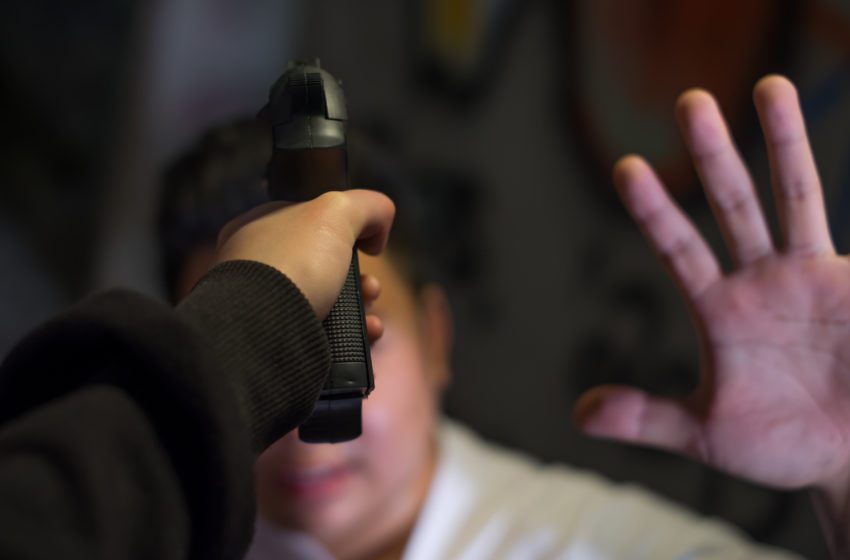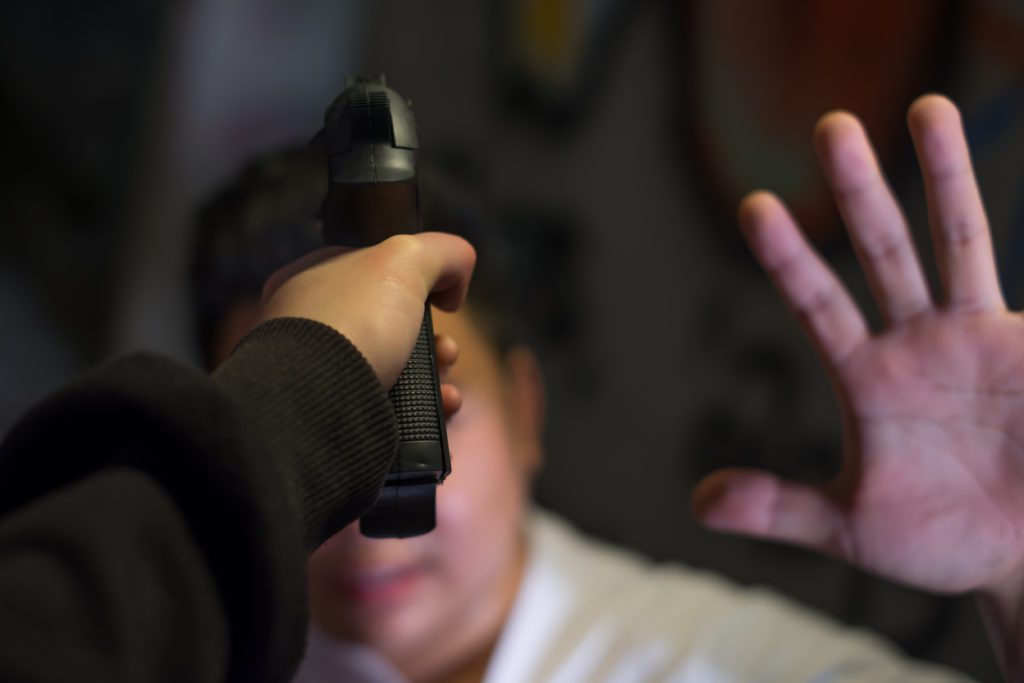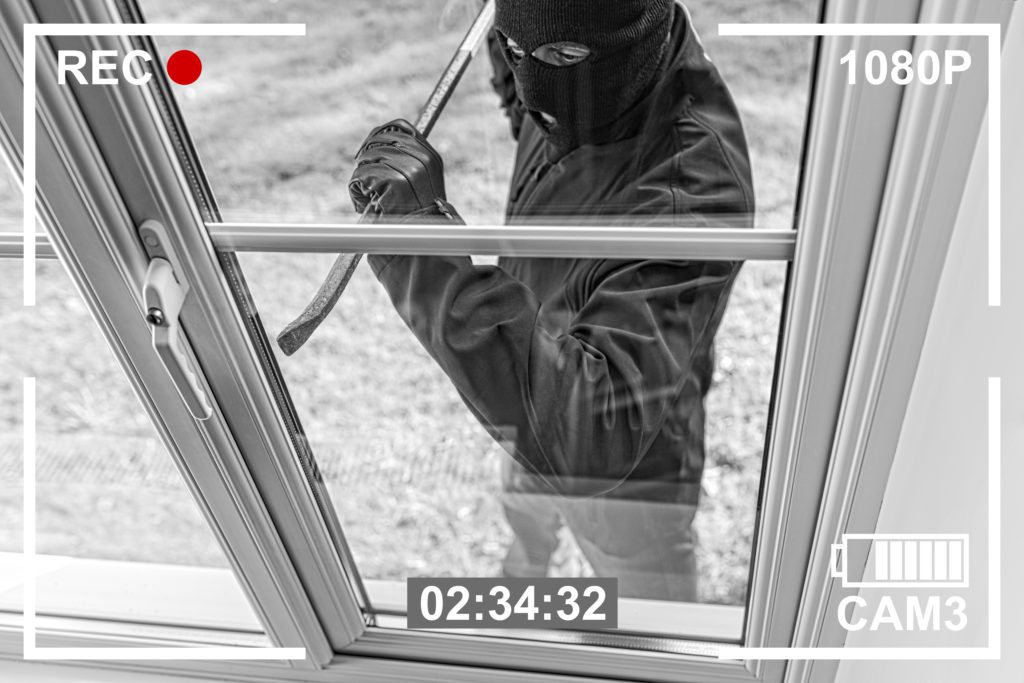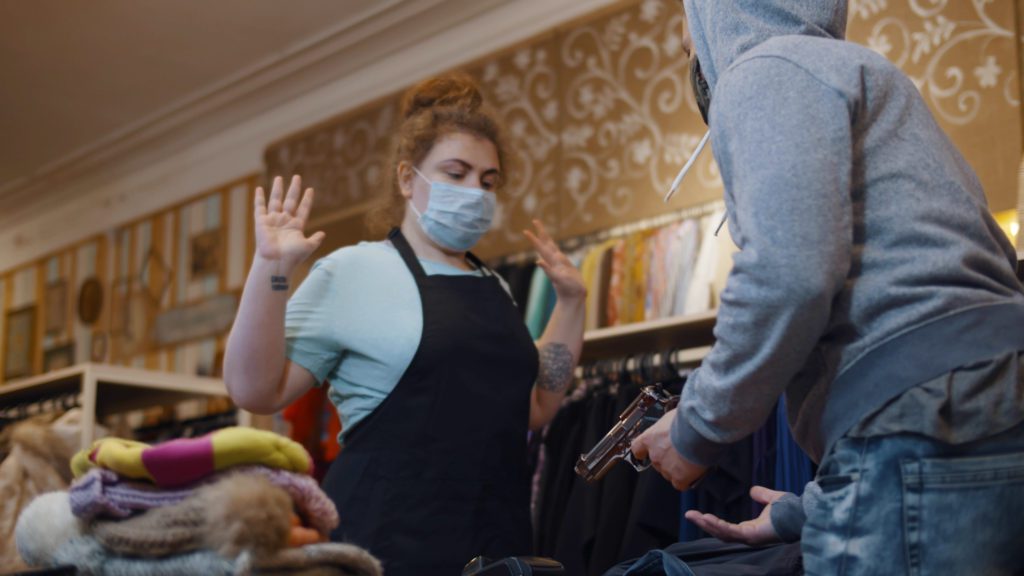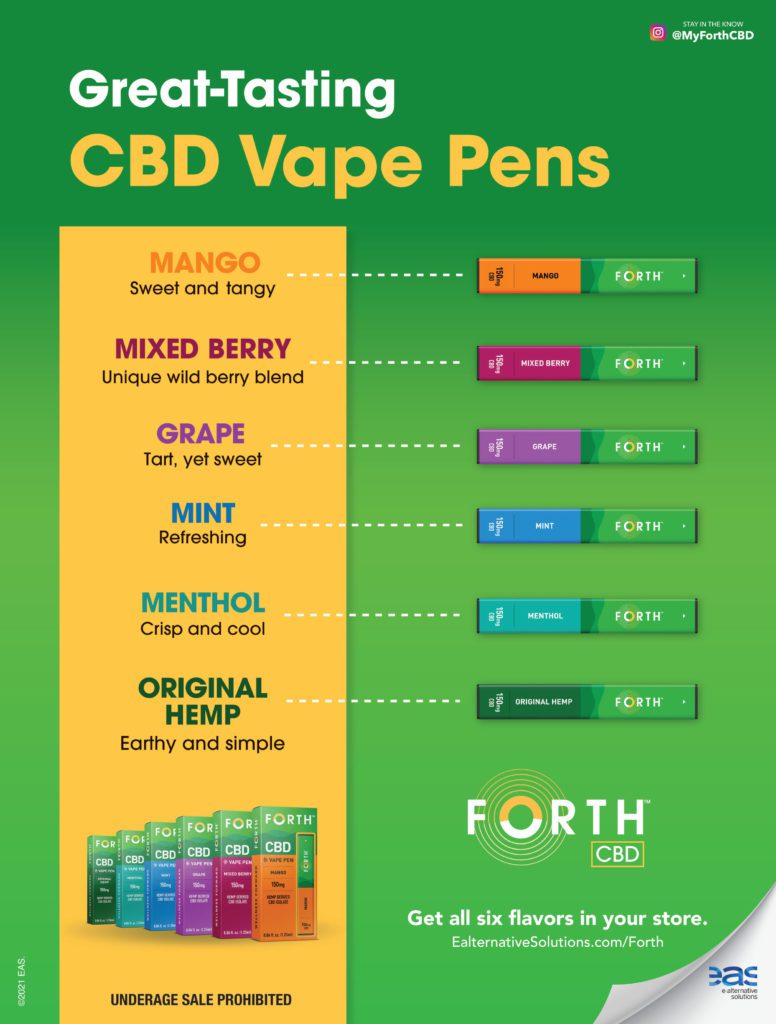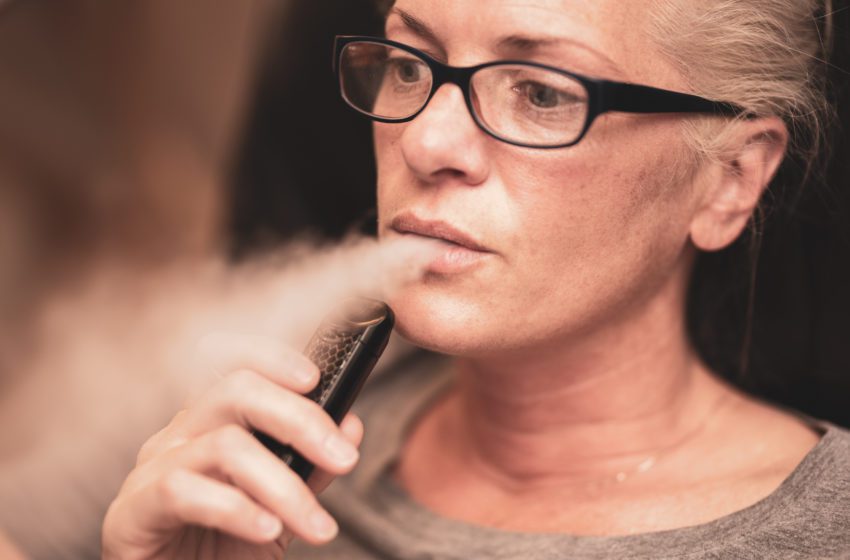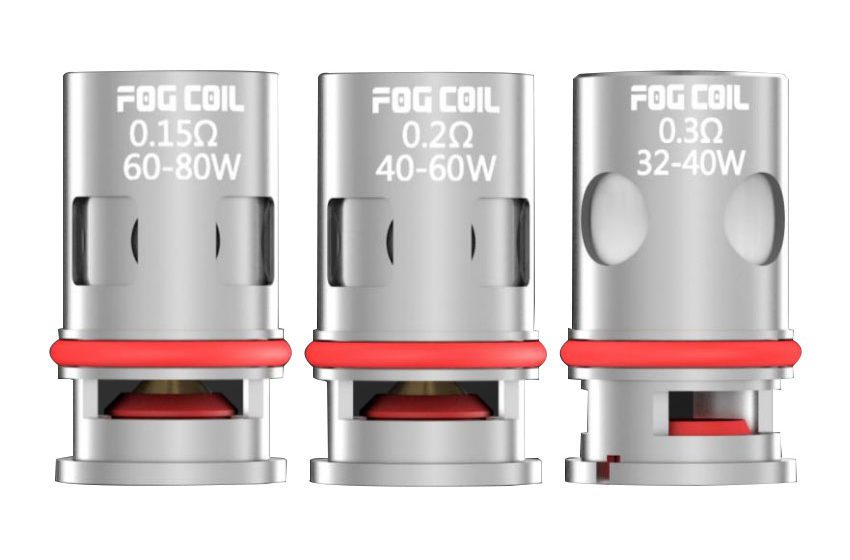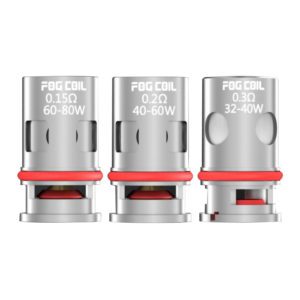
Tobacco Technology has appointed David Johnson as president and chief scientific officer of the company and its wholly owned subsidiaries, E-LiquiTech and Emerald Green Technology. He will be replacing Richard Howell who retired earlier this month after 43 years of service.
Johnson joined Tobacco Technology as the director of regulatory affairs in 2021. He brings more than 30 years of scientific, regulatory and management experience, including over 20 years in the tobacco industry, to the Tobacco Technology family of companies.
He received his Ph.D. in chemistry from the University of Mississippi specializing in physical analytical chemistry. In addition, he earned postdoctoral training at the University of North Carolina in Chapel Hill in the mass spectrometry group of Maurice Bursey.
Johnson acquired much of his tobacco experience at Swedish Match North America, where he was the director of analytical, and at Turning Point Brands, where he was the senior director of scientific and regulatory affairs. Johnson also has a wealth of sales, marketing and Six Sigma experience from his years working with DuPont.


